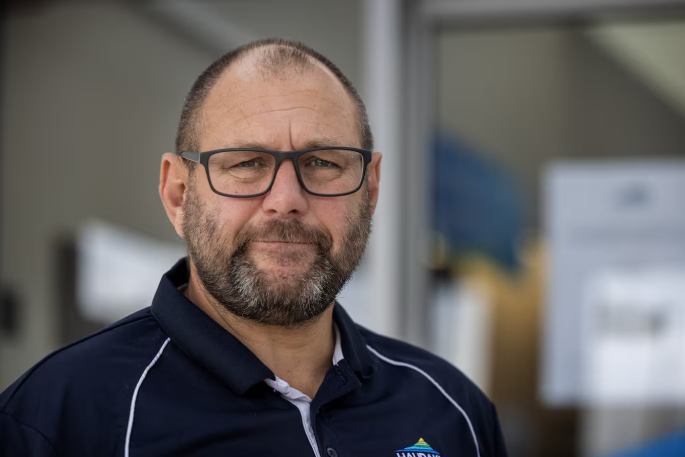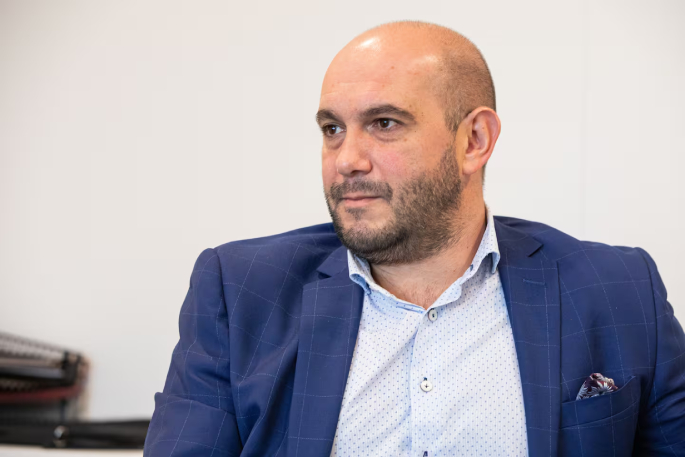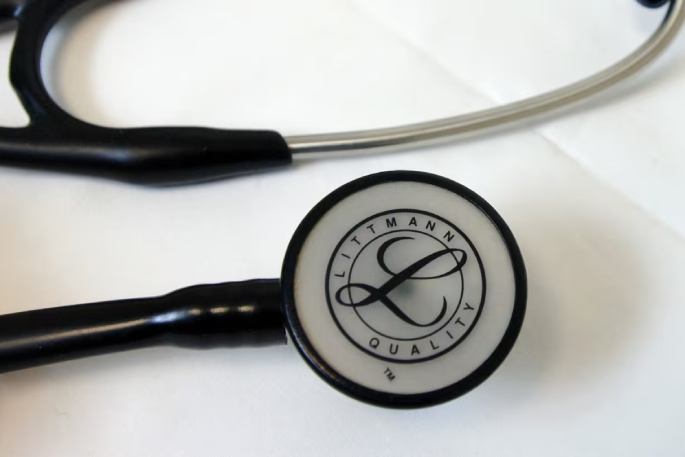A medical centre with 4000 patients is relying on locums and virtual GP services after its permanent GP left three weeks ago. Waihī Medical Centre – also known as Waihī Health Centre – is recruiting for two fulltime positions, but a nationwide shortage of GPs has made this “more challenging”, a manager says. The Royal New Zealand College of General Practitioners says there is an “increasing reliance on locums rurally” and practices are running with “insufficient GPs” when locums cannot be found. Three to four week wait for GP appointments In a statement to the Bay of Plenty Times, Green Cross Health national operations manager – medical Andrew Tucker said it was recruiting for two fulltime positions at the Waihī Medical Centre. Since its permanent GP finished with the practice three weeks ago, the centre has had in-person locum GPs, supported by its virtual GP service, providing patient care, Andrew says. Advanced clinicians – including a nurse practitioner and a prescribing nurse – were also on-site to support its nursing team, he says. Andrew says wait times for routine GP appointments could be three to four weeks, however, urgent appointments were available each day. Recruitment activities included regular advertisements and specialist recruitment consultants “to attract the right candidates”, he says. Andrew says the two vacancies could be “filled by GPs, nurse practitioners or enhanced care paramedics”. “We have had strong interest from GPs and enhanced care paramedics to work in Waihī and are hoping to be able to secure permanent staff soon. There is a nationwide shortage of GPs and this makes recruitment more challenging.” Andrew says the centre could meet the health needs of its patients by using a locum workforce, however, “there are significant advantages to having permanent staff and this is what we are focused on”. Andrew says the practice had just over 4000 registered patients and was not accepting new patients. Andrew says after-hours care was provided by Ka Ora Telecare - a service funded by Te Whatu Ora to provide after-hours healthcare in rural communities. This service was used by all practices in the Waihī and Waihī Beach area. “It’s not just Waihī - I hear of similar stories in Paeroa, not so much in Ngātea ... that people are struggling to get into the doctor’s," says Hauraki District Council Mayor Toby Adams. “I think it’s the same across every sort of rural, provincial town of New Zealand … and trying to get them to come and work for these small practices is getting more and more challenging.” ‘Increasing’ reliance on locums rurally The Royal New Zealand College of General Practitioners medical director and Tauranga GP Dr Luke Bradford says Bay of Plenty rural practices were struggling with doctor numbers. The Eastern Bay had also struggled for a long time with recruitment. Luke says there is an “increasing reliance on locums rurally”. “In many instances, even these cannot be found so practices are running with insufficient GPs. “This leads to exhaustion in the remaining clinicians and a spiral where we see them leave due to the demands on them.” Luke says there is also the issue of affordability of locums, as smaller, rural practices would struggle to fund them. In some instances, practices are using remote locums only to provide telehealth, he says. In his view, the nationwide GP shortage could be attributed to workloads, a “lack of exposure” to the speciality through medical school and not having it “valued and remunerated” in the same way as other medical specialities. “GPs are on the frontline of healthcare and hold the health system together – but to do that, and to be more available to patients – many are having to work weekends and evenings to complete their non-contact clinical work.” The Rotorua Daily Post reported in March a Rotorua GP was working between six and 12 hours on her evenings and weekends to do non-clinical work. Luke says in his view: “Being a GP is an incredibly rewarding job and we are privileged to provide the care that we do in our communities, we just need to change the conditions”. Waihī Family Doctors practice manager Raewyn Norman says it had four permanent GPs and was not using locums. Raewyn says the practice was “carefully” accepting new patient enrolments as people left, targeting people who live in Waihī who had not been able to register locally. Hauraki District Council mayor Toby Adams. Photo: Mike Scott.
Hauraki District Council mayor Toby Adams. Photo: Mike Scott. Royal New Zealand College of General Practitioners medical director and Tauranga GP Dr Luke Bradford. Photo: Mead Norton.
Royal New Zealand College of General Practitioners medical director and Tauranga GP Dr Luke Bradford. Photo: Mead Norton.
Posted: 06:50am Mon 26 Aug, 2024 | By Megan Wilson (megan.wilson@nzme.co.nz)
Waihi Medical Centre has no permanent GP

The Waihī Medical Centre is relying on locums and virtual GP services after its permanent GP left three weeks ago. Photo: Ross Setford.
31-Jan 20:00
Tinder date cleared of filming sex on Snapchat
31-Jan 18:32
Police name woman who died at Pilot Bay
31-Jan 17:19
Tauranga’s first Māori ward councillor resigns
31-Jan 17:15
Tauranga police seek information on 2023 killing
31-Jan 17:00
More than 50 Taupō earthquakes
31-Jan 16:00
Five simple ways to save money in 2025
31-Jan 15:45
Rotorua power outage hits more than 22,000
31-Jan 15:00
Tauranga travel initiative goes national
31-Jan 14:00
Disc golfers chasing funding for new course
31-Jan 13:00
Nautically-inclined lassies fishing comp returns
31-Jan 11:50
Tauranga’s new playground now holiday hotspot
31-Jan 10:50


0 comments
Leave a Comment
You must be logged in to make a comment.